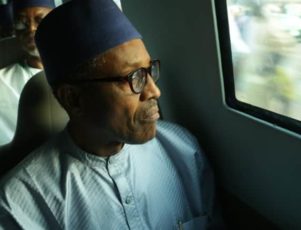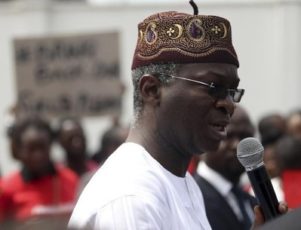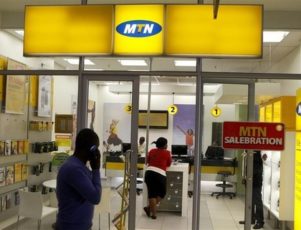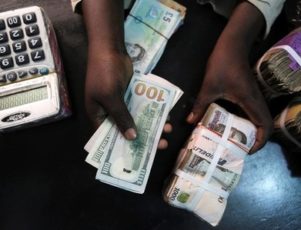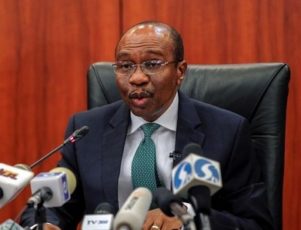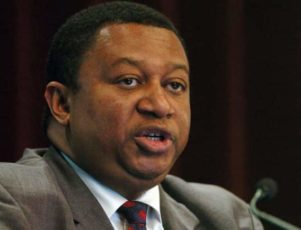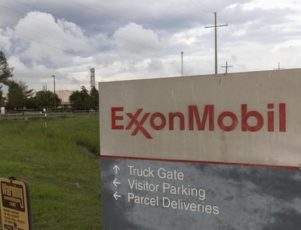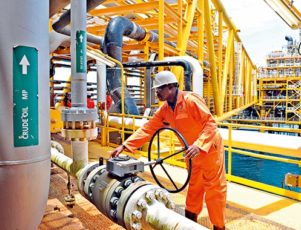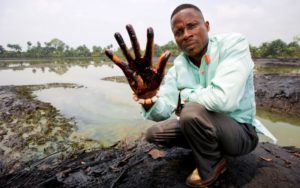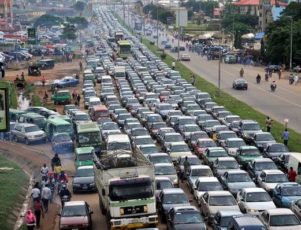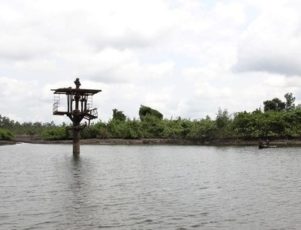Nigeria’s president inherited a multitude of problems from the previous administration. Does he have what it takes to overcome them?
Nigeria’s President, former military ruler Muhammadu Buhari calls for time and space to achieve the objectives he laid out upon his election last year.
Buhari has openly declared his intentions for Nigeria’s future. He wants to build a country that future generations will be proud to inherit. This is rare in a continent where leaders frequently think in the short term – often selling off natural resources for instant personal gain, rather than investing in long-term solutions for Africa’s economic problems. Buhari’s Nigeria, he claims, is “for its children.” Whether these promises will materialize will depend on his ability to identify and build upon his past mistakes, and those of his predecessor.
Muhammadu Buhari comes from a large family; he was his father’s 23rd child, born in 1942 in Daura, Katsina state. He ruled Nigeria for 20 months in 1985 and has since lost three general elections to the People’s Democratic Party, which has dominated the political landscape in Nigeria since the end of military rule in 1999.
Winds of Change for Nigeria
Buhari’s perseverance has paid off and after waning public support for Goodluck Jonathan, he became the first opposition candidate to de-throne an incumbent leader in Nigeria. The issues inherited from previous governments will not be easy to overcome however, and continuing President Jonathan’s battle to contain the Islamic militants in the north will be Buhari’s biggest challenge.
Originally from Nigeria’s Islamic North, Buhari has alienated many from the mainly Christian south of the country by giving his support to Sharia law. Subsequently, he has had to strongly deny having a radical Islamist agenda. Deep-seated suspicion regarding his religious background and suggested support of Boko Haram has been quelled by a recent failed assassination attempt that left 82 dead, apparently orchestrated by Boko Haram forces.
Boko Haram, unemployment and rampant corruption to fight
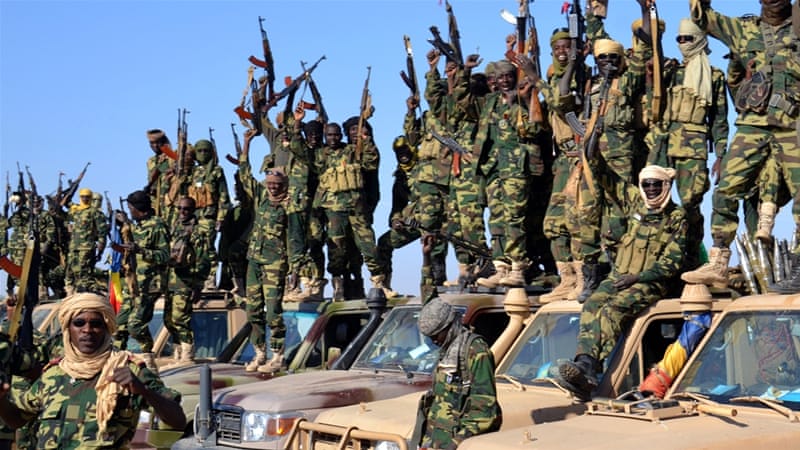
Boko Haram
He was previously mistrusted by the voting populace in the south, but President Jonathan’s failure to overcome the jihadi militia left Buhari with an opportunity to exploit. The 276 Chibok girls missing since 2014 have piled local and international pressure upon Nigeria’s administration. The Boko Haram crisis has left more than 20,000 dead and over 2 million displaced since 2009. Since his inauguration there has been a lot of posturing and even claims to have “defeated” the militant group, but terror attacks, kidnappings and suicide bombings are still rife, particularly in the North of the country. With an agenda to meet, but what appears to be little structural planning, it will take more than time or crude military suppression to overcome “the most deadly terrorist group in the world.”
Boko Haram is unfortunately not Nigeria’s only crisis. Buhari will also have to tackle large scale unemployment and rampant corruption. Buhari’s Deputy Prime Minster estimated that 110 million of Nigeria’s 170 million inhabitants are living in extreme poverty. He also noted that the majority of the wealth is going into the pockets of the nation’s privileged few. For Africa’s most populous nation, these economic issues add stress to the fractures caused by religious extremism and recent spates of violence. Making progress with these issues may also be the key to undermining the militant support among the population, with rampant unemployment being a key factor in their recruitment campaigns.
Buhari: an incorruptible and converted democrat for Nigeria
His biggest election promise is to tackle the fuel shortages that have blighted the population and stagnated the economy over the last several years. His plans are to increase production and improve distribution, while renegotiating terms with the rebel forces. In 2009 President Jonathan’s government agreed to pay militants $400 per month to stop their attacks on the fuel supplies. Once the money inevitably dried up, the attacks recommenced and the supply problems are now worse than ever. On paper, Buhari seems to be well placed to handle this crisis: he was the Minister for Petroleum and Natural Resources in 1976 and during his tenure heavily invested in pipelines and created 21 new petroleum storage units across the country. But his ability to negotiate with the Nigeria Delta Avengers is in contention; his rigidity and stubbornness are well known within the administration and beyond. Striking a balance between tackling the underlying issues, negotiations and strategic military moves will be key to eradicating the extremist violence that have dominated the political horizon in Nigeria.
Buhari claims to be a “changed man” and a “converted democrat,” taking full responsibility for all that happened during his short military rule in the mid-80s, and the part he played in the military coup that overthrew the democratically elected leader, President Shehu Shegari. If Buhari’s “incorruptible” and rare reputation for honesty holds true, he may be able to usher in a wave of change, washing away the culture of injustice and corruption, both in businesses and in government. He has appealed for time and patience, but will this be enough, or will the multitude of problems he faces just be too much to overcome?

